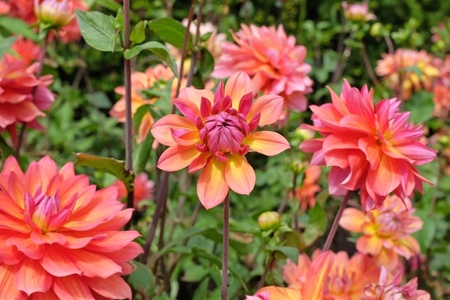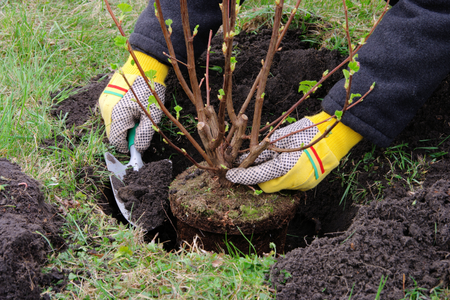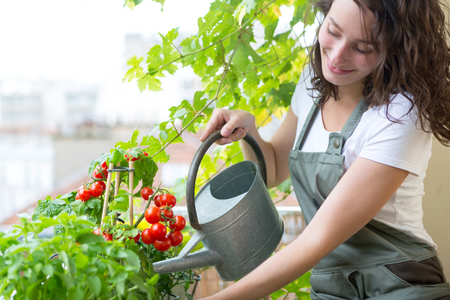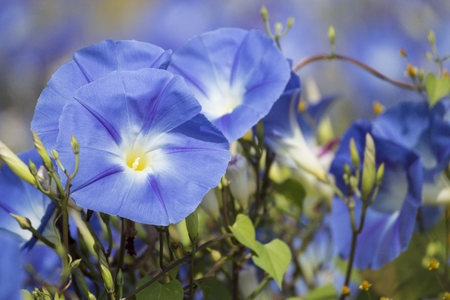
If you’re looking for an eye-catching and sturdy houseplant, the Monstera is your best option! With its big green and exotic leaves – of which the older ones develop holes, you are sure to bring the jungle into your home.
The Swiss Cheese Plant
The Monstera Deliciosa especially fascinates us with its heart-shaped young leaves and the development of holes and incisions as the leaves get older. The latter is why the Monstera is also commonly known as the Swiss Cheese Plant. The Monstera is native to Central and South-America and it’s a tropical liana, being able to climb up to trees to a height of 20 metres. It’s a strong plant that tolerates a darker spot within the house and doesn’t need lots of water. All whilst the plant also helps to purify the air.
Looking after the Monstera
Both the stems and leaves of the Swiss Cheese plant are toxic when ingested, so be careful with children and pets. When it comes to taking care of the Monstera, keep the following in mind:
- The Monstera prefers a light spot, though shouldn’t be receiving full sun.
- The plant also copes with darker spots, but make sure to not place it in temperatures of 13° or less.
- It doesn’t need a lot of water, so keep the soil slightly damp.
- It can use plant food every two weeks.
- The Monstera barely flowers indoors. If it does though, be sure to cut the flowers off, as these draw a lot of energy from the plant and are rather unattractive.
Where to display the Monstera
Besides keeping in mind that the Monstera needs a spot where it doesn’t receive full sun, you can imagine that, due to its big leaves, the plant needs some space too. Give a spot in the living room where it makes a statement, instead of somewhere in the corner with other houseplants or furniture items. After all, it’s an outstanding plant that deserves to be noted. Besides the living room, it is also commonly used as bedroom plant.




